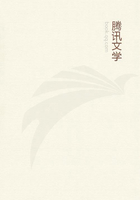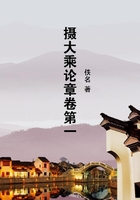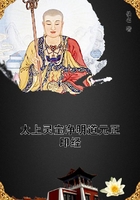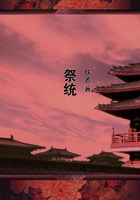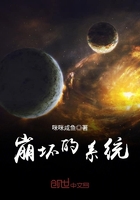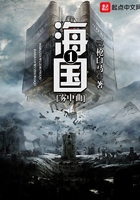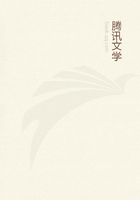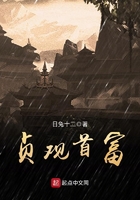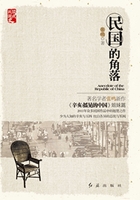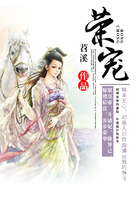Thus the chief form of property during the feudal epoch consisted on the one hand of landed property with serf labour chained to it, and on the other of the labour of the individual with small capital commanding the labour of journeymen. The organisation of both was determined by the restricted conditions of production -- the small-scale and primitive cultivation of the land, and the craft type of industry. There was little division of labour in the heyday of feudalism. Each country bore in itself the antithesis of town and country; the division into estates was certainly strongly marked; but apart from the differentiation of princes, nobility, clergy and peasants in the country, and masters, journeymen, apprentices and soon also the rabble of casual labourers in the towns, no division of importance took place. In agriculture it was rendered difficult by the strip-system, beside which the cottage industry of the peasants themselves emerged. In industry there was no division of labour at all in the individual trades themselves, and very little between them. The separation of industry and commerce was found already in existence in older towns; in the newer it only developed later, when the towns entered into mutual relations.
The grouping of larger territories into feudal kingdoms was a necessity for the landed nobility as for the towns. The organisation of the ruling class, the nobility, had, therefore, everywhere a monarch at its head.
The fact is, therefore, that definite individuals who are productively active in a definite way enter into these definite social and political relations. Empirical observation must in each separate instance bring out empirically, and without any mystification and speculation, the connection of the social and political structure with production. The social structure and the State are continually evolving out of the life-process of definite individuals, but of individuals, not as they may appear in their own or other people's imagination, but as they really are; i.e. as they operate, produce materially, and hence as they work under definite material limits, presuppositions and conditions independent of their will.
The production of ideas, of conceptions, of consciousness, is at first directly interwoven with the material activity and the material intercourse of men, the language of real life. Conceiving, thinking, the mental intercourse of men, appear at this stage as the direct efflux of their material behaviour.
The same applies to mental production as expressed in the language of politics, laws, morality, religion, metaphysics, etc. of a people. Men are the producers of their conceptions, ideas, etc. -- real, active men, as they are conditioned by a definite development of their productive forces and of the intercourse corresponding to these, up to its furthest forms. Consciousness can never be anything else than conscious existence, and the existence of men is their actual life-process. If in all ideology men and their circumstances appear upside-down as in a camera obscura, this phenomenon arises just as much from their historical life-process as the inversion of objects on the retina does from their physical life-process.
In direct contrast to German philosophy which descends from heaven to earth, here we ascend from earth to heaven. That is to say, we do not set out from what men say, imagine, conceive, nor from men as narrated, thought of, imagined, conceived, in order to arrive at men in the flesh. We set out from real, active men, and on the basis of their real life-process we demonstrate the development of the ideological reflexes and echoes of this life-process. The phantoms formed in the human brain are also, necessarily, sublimates of their material life-process, which is empirically verifiable and bound to material premises. Morality, religion, metaphysics, all the rest of ideology and their corresponding forms of consciousness, thus no longer retain the semblance of independence. They have no history, no development; but men, developing their material production and their material intercourse, alter, along with this their real existence, their thinking and the products of their thinking. Life is not determined by consciousness, but consciousness by life. In the first method of approach the starting-point is consciousness taken as the living individual; in the second method, which conforms to real life, it is the real living individuals themselves, and consciousness is considered solely as their consciousness.
This method of approach is not devoid of premises. It starts out from the real premises and does not abandon them for a moment. Its premises are men, not in any fantastic isolation and rigidity, but in their actual, empirically perceptible process of development under definite conditions.
As soon as this active life-process is described, history ceases to be a collection of dead facts as it is with the empiricists (themselves still abstract), or an imagined activity of imagined subjects, as with the idealists.

